
When shopping for reverse logistics solutions, consider your long-term strategy. While ad-hoc services offer a tempting quick fix, the benefits of full-service reverse logistics may surprise you.
Does it make sense to use a separate provider for data erasure, recycling, and remarketing? Or should you gather everything under one umbrella? Let’s take a deep dive into the pros and cons of outsourcing versus working with a full-service reverse logistics organization.
1. Compliance
Compliance, above all, drives your search for logistics support. No matter what approach you take to your logistics services, you need to know with complete certainty that services will comply with applicable laws, regulations, and standards.
Doing your due diligence on a logistics provider takes a few practical steps. First, examine the certifications they hold. You are looking for up-to-date confirmation of achieving applicable ISO and workplace safety standards, among others.
Once safety and other standards are covered, look for standards that set providers apart from the pack. The exceptional R2 Standard demonstrates a strong commitment to the circular economy of electronics and reuse of components wherever possible.
Checking certifications is a straightforward exercise. Repeated among multiple companies and staying on top of the various requirements for each entity compounds the time and effort you will need to put into ensuring compliance. On the other hand, with a full-service reverse logistics provider, you have only one organization to evaluate.
2. Quality
Let’s get directly to the point: you want to find the highest quality services among the many competing providers. With outsourcing, this can quickly get complicated. A quality hard-disk-drive wipe is critical. But what about recycling practices for those HDDs that do not make the cut?
You need to ensure that the logistics provider that handles the recycling practices holds the highest standards for sorting and reusing as many HDDs as possible. The same goes for remarketing. You will need to establish that the quality of remarketing that you want to see stands up to the investment you’ve made in wiping and sorting your HDD.
Across-the-board quality matters. If you are outsourcing to ad-hoc partners, you will have to stay on top of quality to ensure that it does not slip at any point.
Security is another quality control issue. You need well-documented security measures for every step of the process. Maintaining rigorous security through a chain of ad-hoc providers could present a challenge.
Full-service reverse logistics brings all of these quality considerations home under one organization. You can evaluate quality throughout the process, instead of fitting puzzle pieces together in a patchwork of providers.
3. Consistency
If you can ensure compliance and sort out on the highest quality providers out of the pack, ad-hoc services might offer what you need. Consistency is where you could come up short.
Tying together providers across data erasure, recycling, and remarketing could get you the pricing you need for your bottom line. But can your organization tolerate the significant risk of inconsistency in the ad-hoc model?
Uniform standards, processes, procedures across all locations provide customers with a seamless experience in full-service reverse logistics — because at the end of the day, you need services that you can count on.
A matter of strategy.
Outsourcing to ad-hoc services versus full-service reverse logistics represents a major difference in strategy for your organization. If you prefer a scattershot approach, with constant juggling and negotiations, and you can tolerate some inconsistency, ad-hoc could work for you.
If you are looking for reliability, consistency, and attention to big-picture strategy, full-service logistics offers the solutions you need.
Related posts:




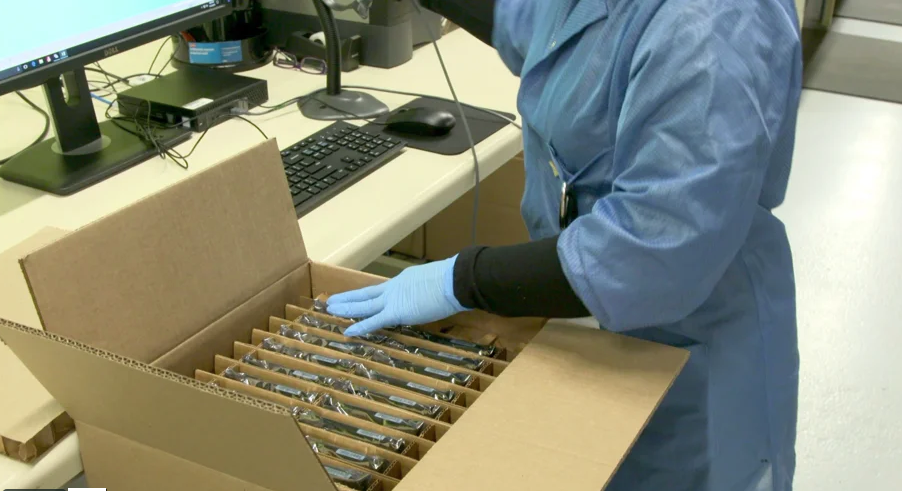

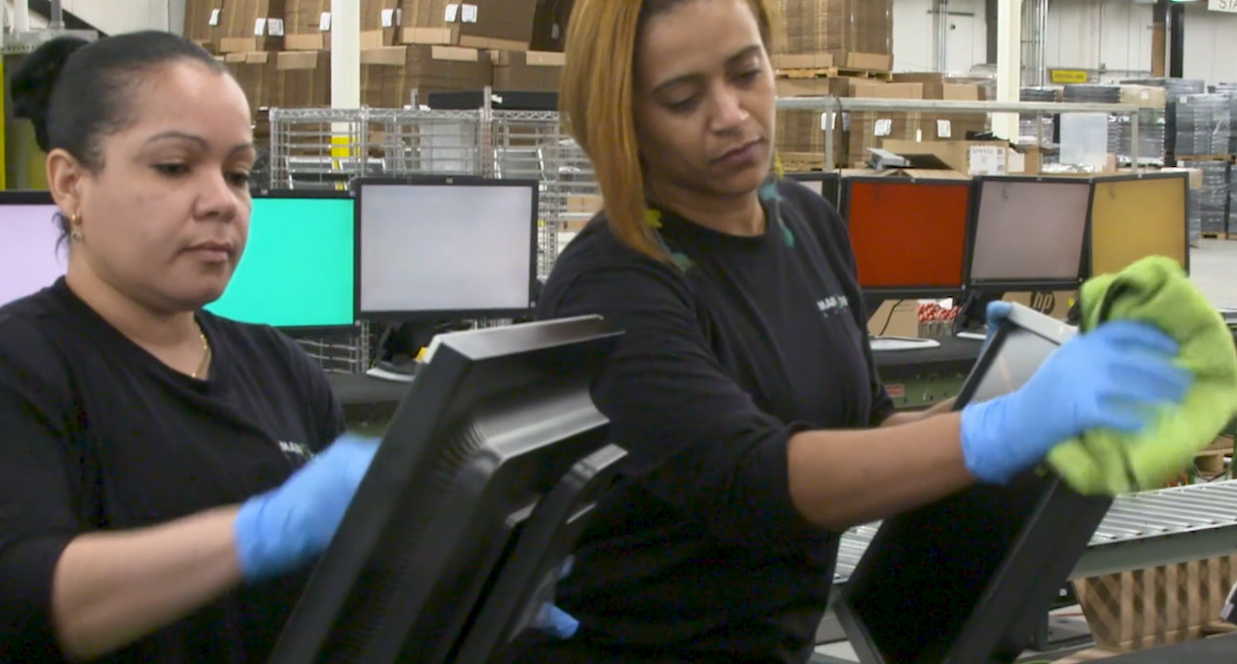

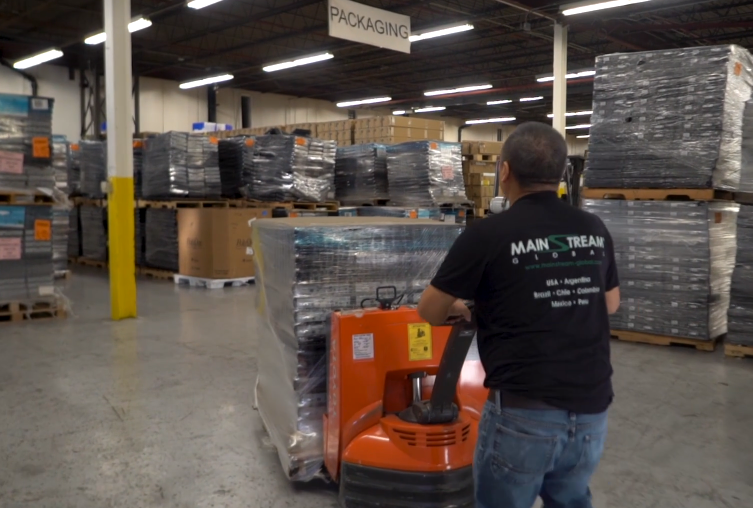
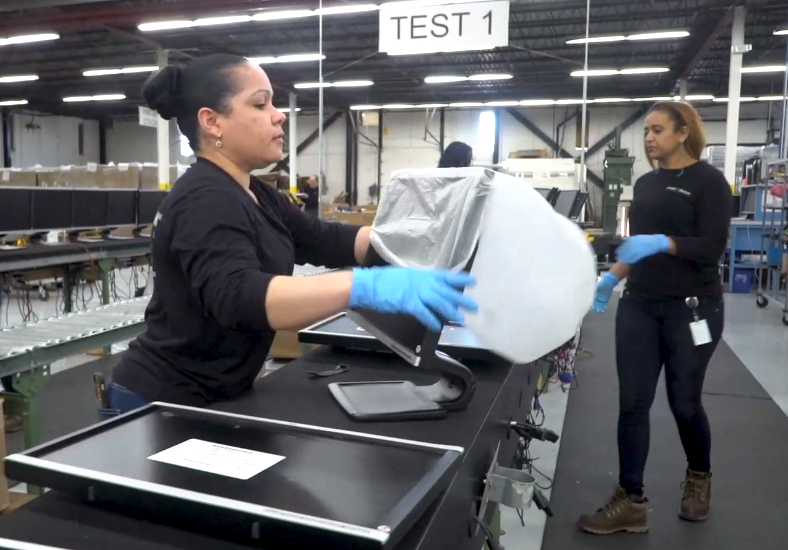
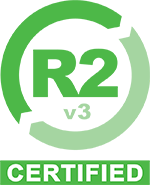
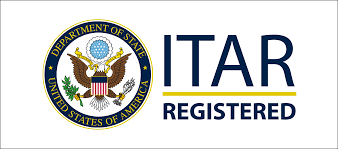
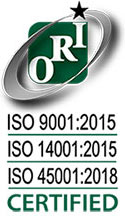
Recent Comments